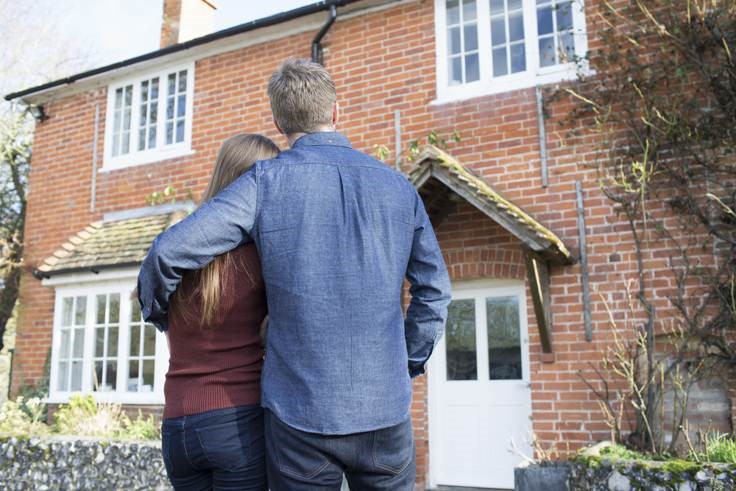
Cam Newton Net Worth, Lifestyle, Personal and Professional Career
September 16, 2021Knightfall Season 3 release date and casting
September 25, 2021If you have been saving up for a new home and are hoping to put down a deposit, here are some top tips to ensure you have a good understanding of what the process entails.
Put a limit on your expenditure
This is a simple piece of advice but one that prospective buyers often need. Sometimes they are single people who enjoy dining out, nightclubs and designer clothes, but this money can be put towards their deposit.
Furthermore, if you are a first-time buyer and are considering buying a new car, make your home purchase first. Commitments such as car finance repayments can limit your affordability when you submit your mortgage application.
Improve your credit score
A lender will look at your credit history. There are several ways to improve this; for example, always make repayments on time, don’t be tempted to make only the minimum repayment, and close any credit cards you don’t use.
Try to remain with the same employer
Most lenders will want to see that you have been in your job for an extended period. If you are thinking of moving on, it is a good idea to wait until your mortgage is in place.
Save as much as you can for a larger deposit
The larger your deposit, the wider the choice of mortgages available to you. Lenders usually give those with larger deposits the best rates. As a homeowner, you will benefit from lower monthly payments.
First-time buyers who wish to get a foot on the property ladder can benefit from the Help to Buy scheme; what’s more, conveyancers such as https://www.samconveyancing.co.uk/news/conveyancing/help-to-buy-loan-repayment-5182 can provide you with a Help to Buy repayment quote.
The number of people purchasing through Help to Buy is at an all-time high; however, with house prices on the rise, those who signed up for the scheme could end up owing thousands of pounds more than they borrowed. Figures show that in the financial year 2020-21, more than 55,600 households bought with the support of an equity loan.
Keep proof of income
Hang onto your payslips, as mortgage lenders will want to see proof of earnings. A P60 form from your employer will show a summary of your salary and the tax you have paid. Have your bank statements handy too, as lenders like to see statements for the last three months.
How to save for a deposit
In addition to cutting down on unnecessary expenditure, you can use your tax allowance by opening an ISA and keeping any other cash in a savings account. Keep your current account topped up enough to allow for outgoings.



